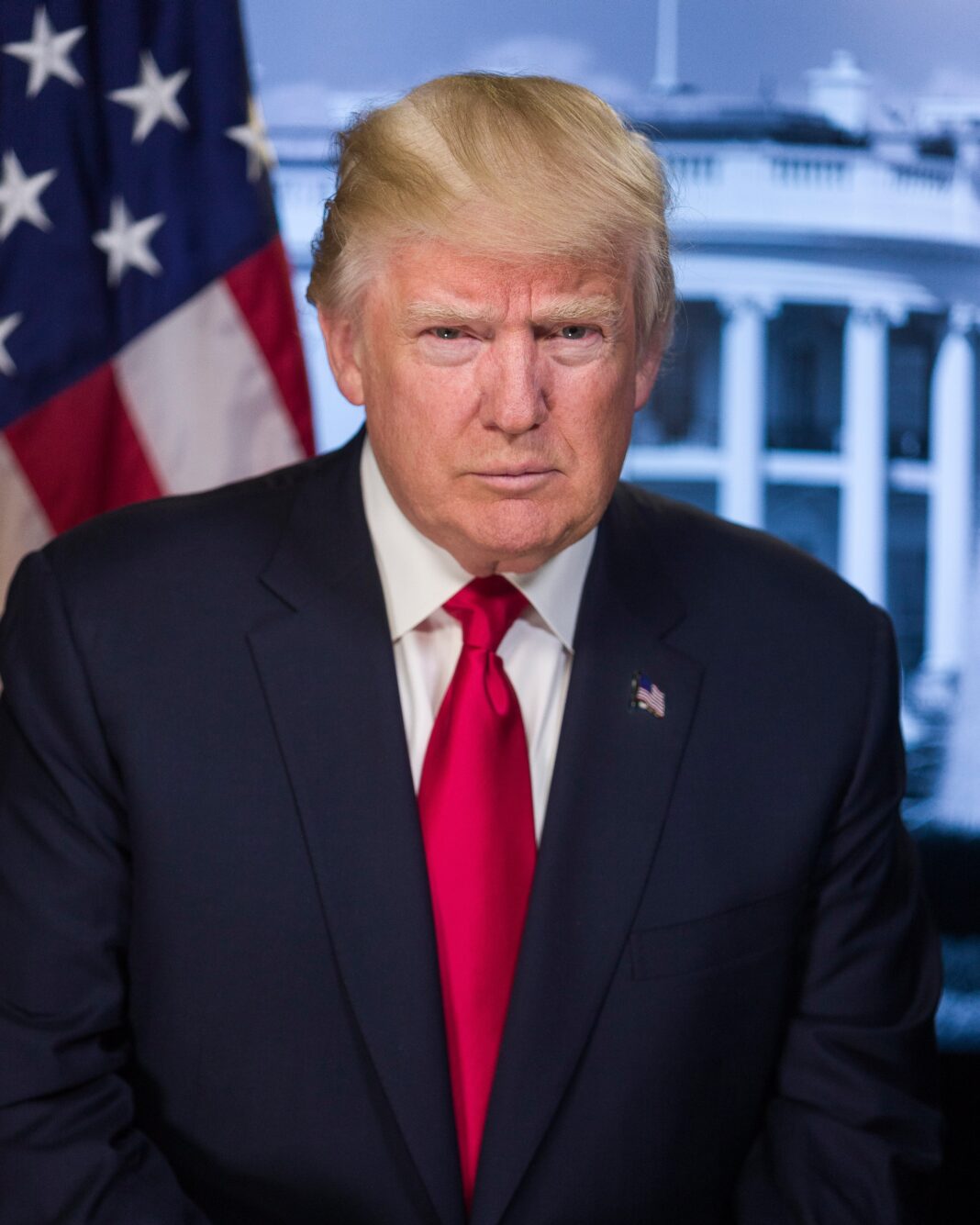In a significant development, a federal judge has issued a gag order on former President Donald Trump. The order was handed down on Monday during a court hearing in Washington.
The gag order comes ahead of Trump’s federal election fraud trial. The judge’s decision was influenced by inflammatory remarks made by the former president. The order restricts Trump from making public statements that could potentially influence the jury.
During a court hearing in Washington on Monday, U.S. District Judge Tanya Chutkan issued an order in response to the former president’s inflammatory comments about the case on social media.
Before Monday’s ruling on whether a gag order will be imposed on the former president, Donald Trump conveyed a “final” message to his supporters.
In a fundraising email, Trump wrote, “Because I may be prohibited from speaking out against [President Joe Biden’s] corruption as of later today, I want to say all I can right now in this final email to you before the hearing.”
The order explicitly bars Trump from publicly criticizing prosecutors, court staff, and potential trial witnesses. However, it doesn’t restrict him from criticizing the Biden administration, the US justice department, and the trial location in Washington DC. He’s also free to claim that the case was driven by political motives.
The special counsel’s team had urged U.S. District Judge Tanya Chutkan to impose restrictions on Trump to protect potential jurors. They cited Trump’s conduct on social media regarding people involved in his various legal battles as a cause for concern.
Trump’s attorneys have vehemently opposed the gag order request in court filings, calling it an affront to Trump’s First Amendment rights and accusing the special counsel’s team of having political motivations due to Trump’s strong standing in the 2024 presidential race.
A gag order is a type of order issued by a court or a government official that prevents certain information from being made public or discussed by the people involved in a legal case. For example, a judge may issue a gag order to protect the right to a fair trial, to prevent the disclosure of trade secrets, or to protect the privacy of minors and victims. A gag order can also be called a “suppression order” or a “protective order”.
This is a developing story. More details will be provided as they become available.
A global media for the latest news, entertainment, music fashion, and more.




